The Federal Ministry of Education has introduced a fresh policy that establishes 12 years as the minimum age for students entering Junior Secondary School 1 (JSS1) after completing six years of primary education. This is part of a recently released document focused on Non-State Schools.
These Non-State Schools—also known as private or independent institutions—operate outside government management and rely on tuition, donations from individuals, corporate bodies, religious groups, and charitable foundations for funding.
The new policy highlights the significant role private schools continue to play in delivering education across Nigeria. However, it also points out disparities in quality between different types of non-state institutions.
Speaking on the age of enrolment, the Federal Ministry of Education said, “Nursery education shall be of three years’ duration.
“Children shall be admitted into Nursery One when they attain the age of three years, Nursery Two on attaining the age of four, and one year of compulsory pre-primary education (Kindergarten) on attaining the age of five years, in accordance with the specification of Section 2(17) of the NPE, 2013 Edition.”
The directive also outlines a structured timeline for transitioning from primary to junior secondary school:
“Basic education shall be of nine years’ duration. There shall be a six-year primary and a three-year Junior Secondary School (JSS). Children shall be admitted into Primary One when they attain the age of six years.
“Every child must complete six years of primary education. They shall be admitted into Junior Secondary School (JSS1) when they have completed six (6) years of primary education, at around the age of twelve (12) years.”
With this regulation in place, students would typically be at least 18 years old by the time they are eligible to begin university education.
The topic of age requirements for university admission has been controversial. While former Education Minister, Prof. Tahir Mamman, previously set the minimum age at 18, the current Minister, Dr. Tunji Alausa, later adjusted the guideline back to 16.
Findings from the Nigeria Education Digest 2022, produced by the ministry, revealed that private schools now surpass public schools in number at the junior secondary level in more than half of the states across the country.
“The growth in the number of non-state schools between 2017 and 2022 (the last five years reported) has been faster than that of state schools.
“Non-state primary schools grew in number by 31.56 per cent between 2017 and 2022, while state schools grew in number by 3.3 per cent within the same period.
“At the Junior Secondary level, non-state schools grew in number by 35.06 per cent between 2017 and 2022, while state schools grew in number by 6.8 per cent only within the same period.”
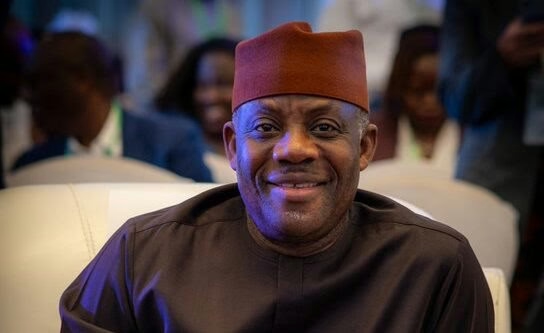


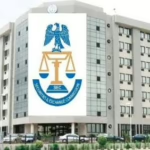
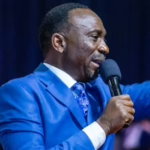

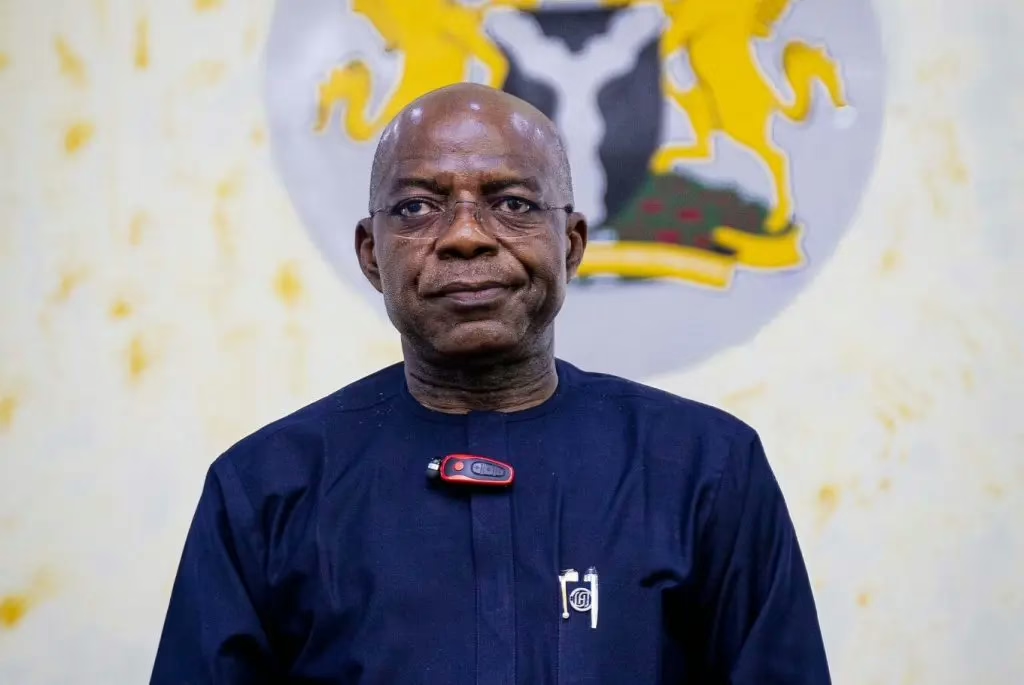
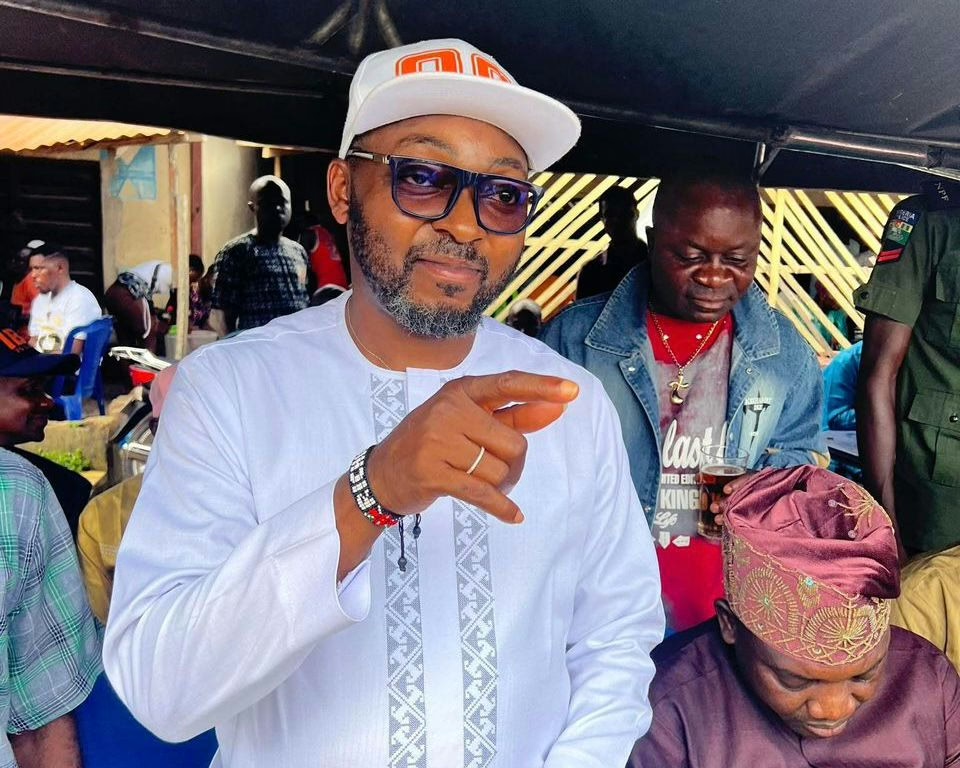
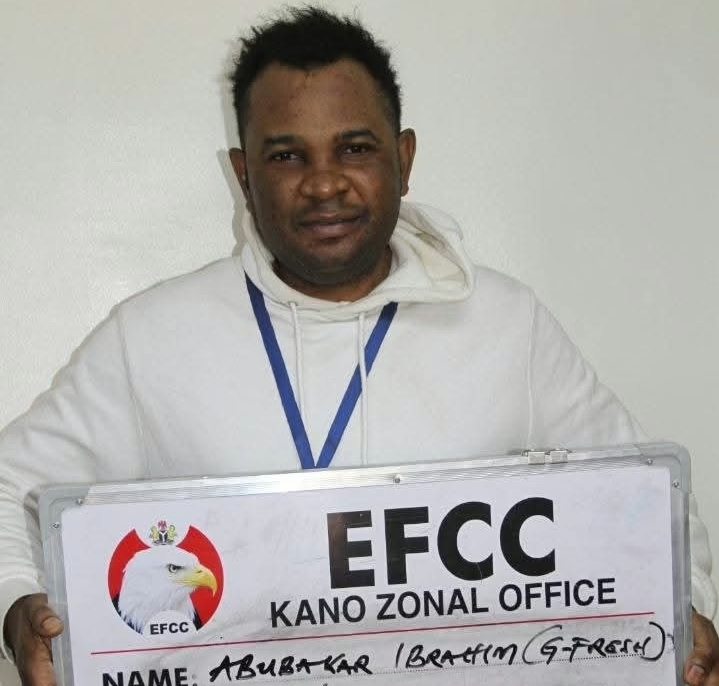


Leave a Reply